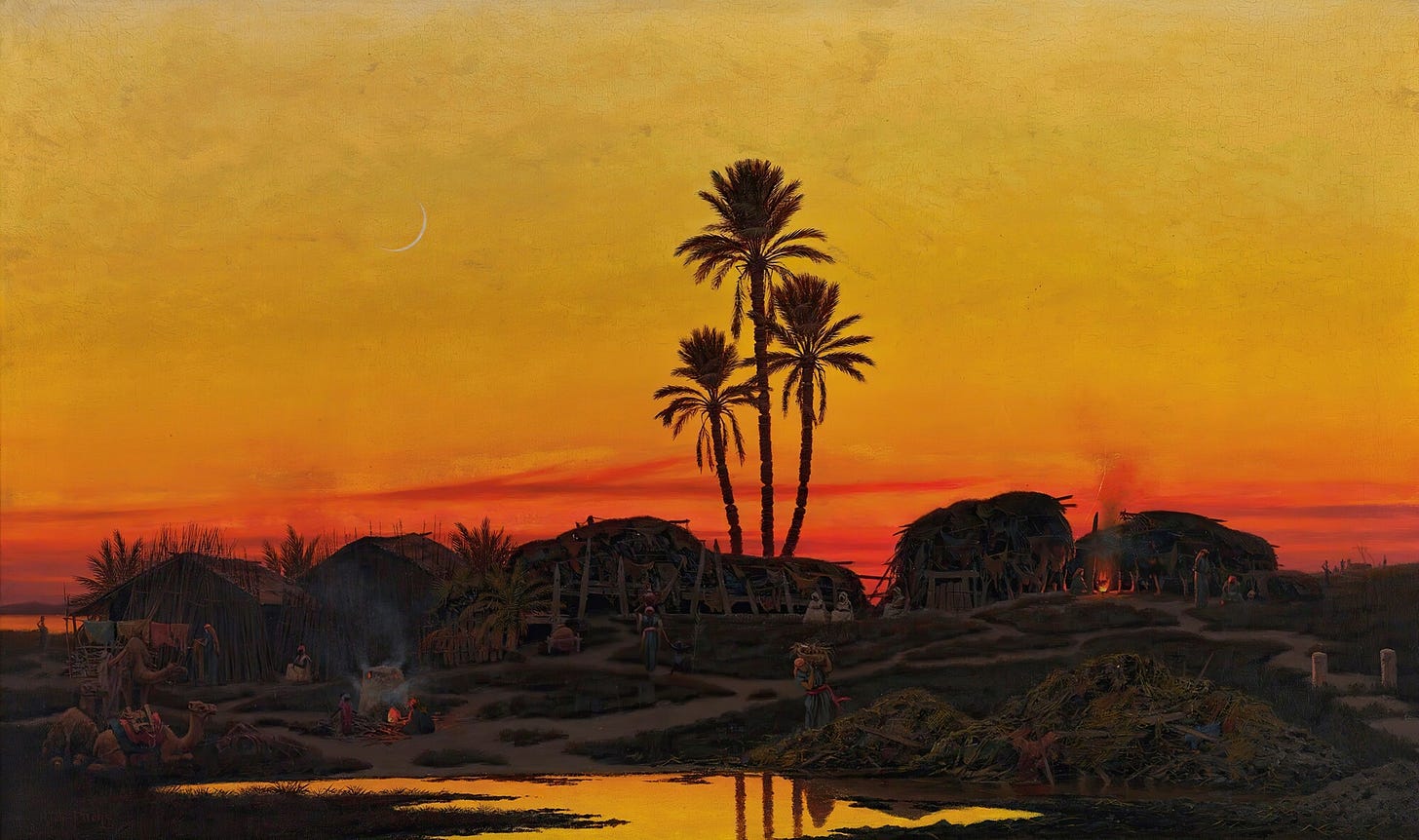What I Told My Muslim Students About Gaza
Muslims in America are more united and have more cultural and political influence than ever. What will they do with it?
Editor’s note: We’re thrilled to be publishing a brilliant Muslim thinker and author, Haroon Moghul, for the first time on Wisdom of Crowds, although some of you might recall his appearance on the podcast last year. I love this piece, for a lot of reasons. It’s raw and honest and speaks to the complexities of the American Muslim experience in a way that…





